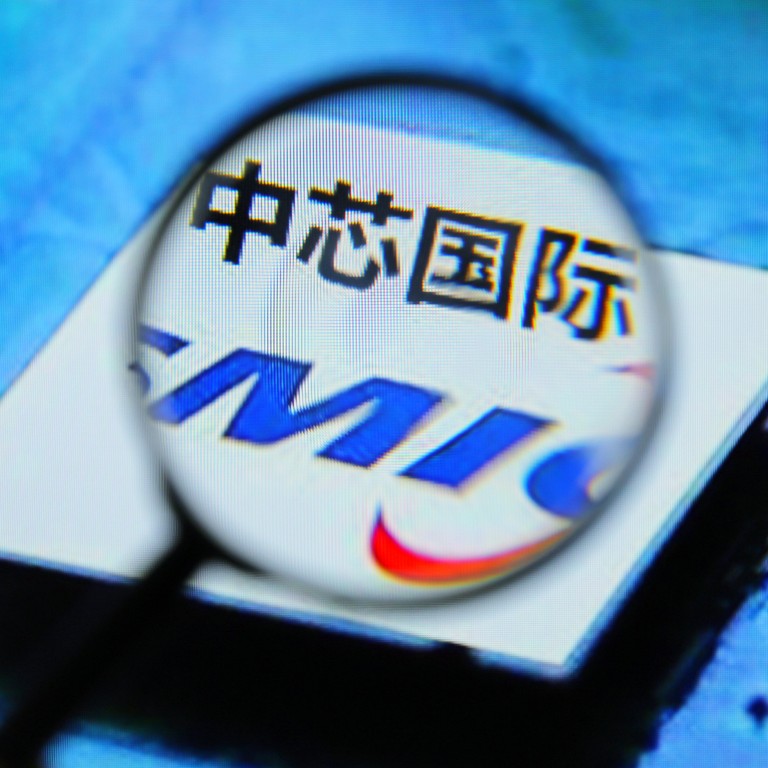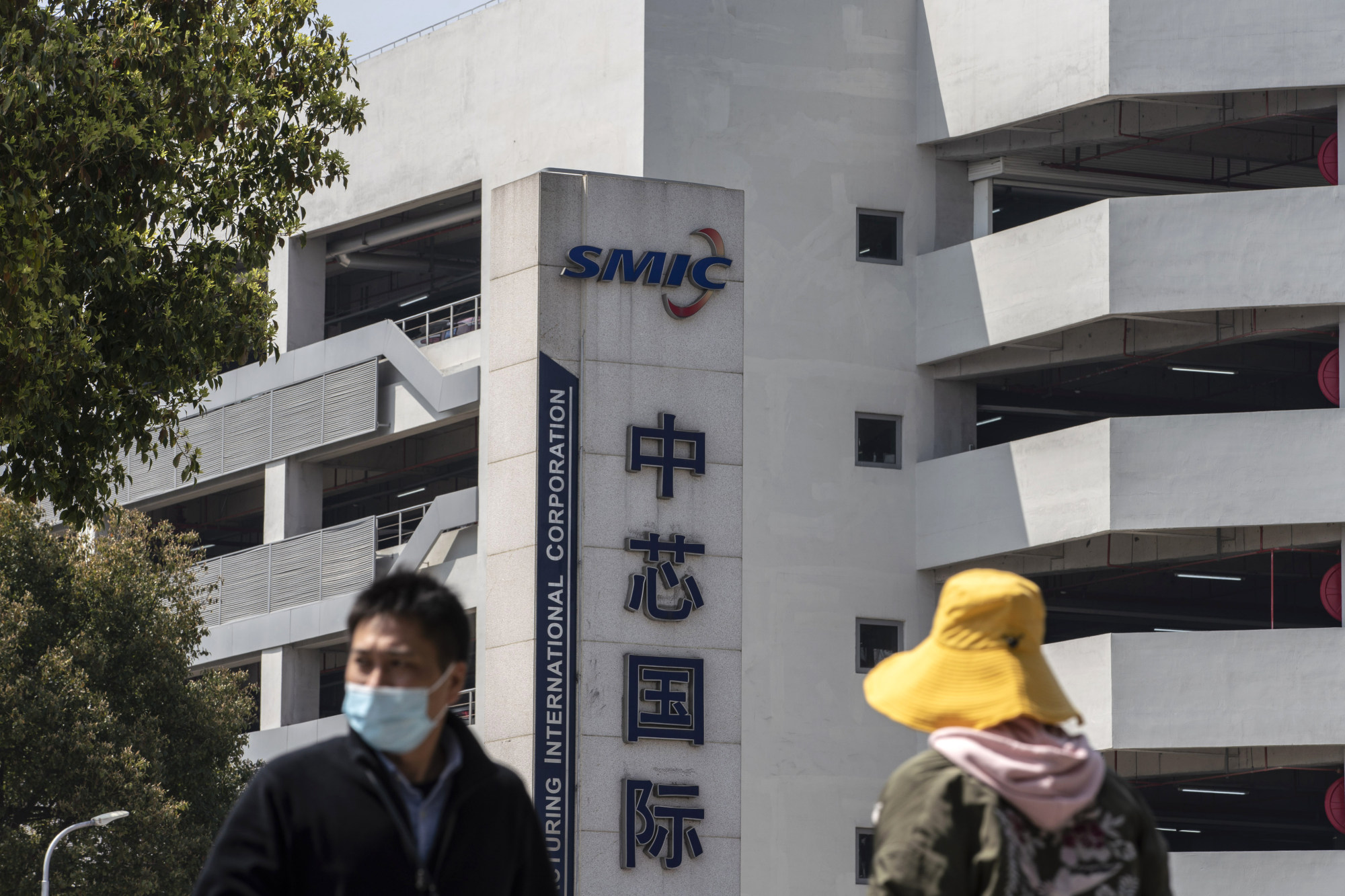
China’s top chip maker SMIC keeping a low profile after US warning over Russian sanctions
- SMIC’s revenues from customers in Eurasia, including Russia, are only around 12 per cent of its total, based on fourth quarter 2021 numbers
- Xiaomi was the leading smartphone brand in Russia in 2021, with a 31 per cent market share, followed by Samsung with 27 per cent and Apple with 11 per cent
China’s top wafer foundry Semiconductor Manufacturing International Corp (SMIC) is keeping a low profile after it was singled out by Washington in a warning to Chinese tech companies over potential violations of US economic sanctions on Russia.
Gina Raimondo, the US secretary of commerce, said on Tuesday that Washington could take “devastating” action against Chinese companies that defy US sanctions on Russia for its invasion of Ukraine, according to a report in The New York Times.
She specifically referred to SMIC, saying the US could “essentially shut” the company down by denying it access to US chipmaking tools and software if it sold chips to Russia.
SMIC to boost capacity after doubling profits to US$1.7 billion last year
Chinese foreign ministry spokesman Zhao Lijian said on Wednesday that US sanctions should not hurt the “appropriate interests” of Chinese firms.
“Although China may be able to provide some assistance to Russia in chips made with mature process [nodes], China will also consider potential repercussions from assisting Russia,” said Arisa Liu, a senior semiconductor research fellow at the Taiwan Institute of Economic Research.
Liu said any violation of US export sanctions against Russia would likely weaken SMIC’s ability to produce mature technology nodes, and further hamper its efforts to try and keep up with advanced technology, as US tools and technology remain crucial for its long-term development.
SMIC’s direct exposure to the region is relatively small. In the fourth quarter of 2021, its total revenue from customers in Eurasia, including Russia, was less than US$200 million, equal to 12.1 per cent of its total quarterly revenue of US$1.58 billion.
Shares of SMIC, out of the reach of US investors due to the company’s sanctioned status, rose 4.9 per cent in Hong Kong trading and advanced 1.9 per cent in Shanghai’s Star Market over the past two days, despite Raimondo’s warning.
The US and its allies have imposed a slew of crippling trade sanctions on Moscow, after Russian President Vladimir Putin ordered a full-scale invasion of Ukraine on February 24. The actions, which range from excluding Russian banks from the global transaction messaging system SWIFT to bans on Russian oil exports, have sent shock waves across global markets, putting pressure on stocks and pushing up the price of oil and other commodities such as nickel.

As part of the sanctions package, the US commerce department implemented a series of export controls to “severely restrict Russia’s access to technologies and other items” that it needed to maintain its military capabilities, according to a commerce department’s statement issued on February 24.
The department said the European Union (EU), Japan, Australia, United Kingdom, Canada, and New Zealand joined the US-led sanctions on Russia.
US chip giant Intel and Taiwan Semiconductor Manufacturing Co, the world’s largest wafer foundry, also stopped shipments to Russia last week.
In December 2020, Washington put SMIC on a trade blacklist on national security grounds, a move that restricted US suppliers from doing business with the Chinese chip maker.
SMIC said on Tuesday that its revenue in the first two months of 2022 grew 59.1 per cent year on year to US$1.2 billion, while profits attributable to shareholders rose 94.9 per cent to US$309 million compared with the same period in 2021.
It is not immediately clear whether the US sanctions on Russia cover consumer electronics products such as smartphones. The commerce department has said the export controls primarily targeted “Russia’s defence, aerospace, and maritime sectors”.
Chinese company Xiaomi was the leading smartphone brand in Russia in 2021, with a 31 per cent market share, followed by Samsung Electronics with 27 per cent and Apple with 11 per cent, according to data compiled by research firm Canalys.
Xiaomi did not immediately respond to a request for comment.
Xiaomi’s Chinese rivals Realme and Huawei’s budget phone spin-off Honor held an 8 per cent and 7 per cent share of the Russian smartphone market, respectively.
Realm and Honor declined to comment.

